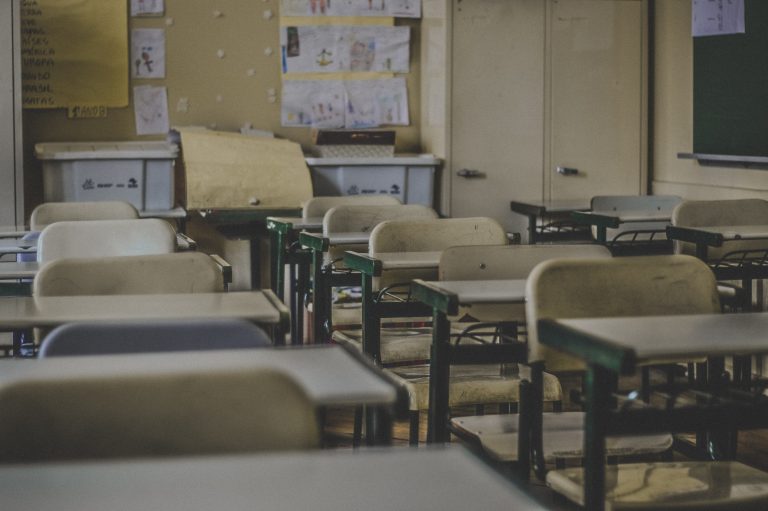Mid-May the UNESCO Chairs and WHO Collaborating Centre on Global Health and Education together with the Schools for Health in Europe network foundation (SHE) and the EUPHA Health Promotion Section launched a knowledge sharing process on school reopening. When entering the new phase of the pandemic with the reopening of schools, in countries where they have been closed, there was a crucial need for sharing information about the local and national strategies in different contexts. A large number of schools, regions and countries have already responded to the questionnaire. Therefore we are happy to share some preliminary results of the survey on reopening schools:
- Groups commonly reported to return were primary school children and secondary children taking national milestone exams (leavers’ qualifications; transition to higher education)
- Class size reduction, social distancing and hygiene measures were most commonly included in descriptions of guidance, but many other risk-reducing strategies were incorporated
- With regard to resources and guidance still needed, a wide range of responses included concrete resources (masks/PPE, better online connectivity, more teachers and household workers, education resources about the pandemic and health literacy), underpinning evidence statements and broader economic recovery policies for families and school workers
- Successes seen during the reopening of schools included:
- A sign of the country getting back to normal
- No increase in infections nationally
- Good teamwork in schools, with teachers learning fast and being adaptable
- Good partnerships and communication between different actors – e.g. schools, families, local authorities and/or unions
- Good preparation and successful adoption of recommended measures
- Difficulties reported during the return included:
- Safety concerns and resistance to reopening – of parents, teachers and unions
- Lack of time to prepare / lack of resources / lack of equipment
- Logistical issues, including problems in school premises and implementation difficulties
- Concerns that education will suffer during this period (students often not full-time)
- Contradictory information and Communication challenges
- Mental health problems and staff fatigue
- Lack of consultation / local empowerment and Lack of trust
- Significant but varying levels of absenteeism was reported among students and – to a lesser extent – among teachers. The perceived reasons for this were fear of infection, unacceptable risk for people with chronic disease, difficulties for families in organising part-time school schedules with parental work and childcare
- Looking ahead to build mental and physical health resilience for the population, and to reorganise preventive and public health systems, might improve the response to future crises.
For more information please got to the dedicated webpage, which will be updated regularly.





